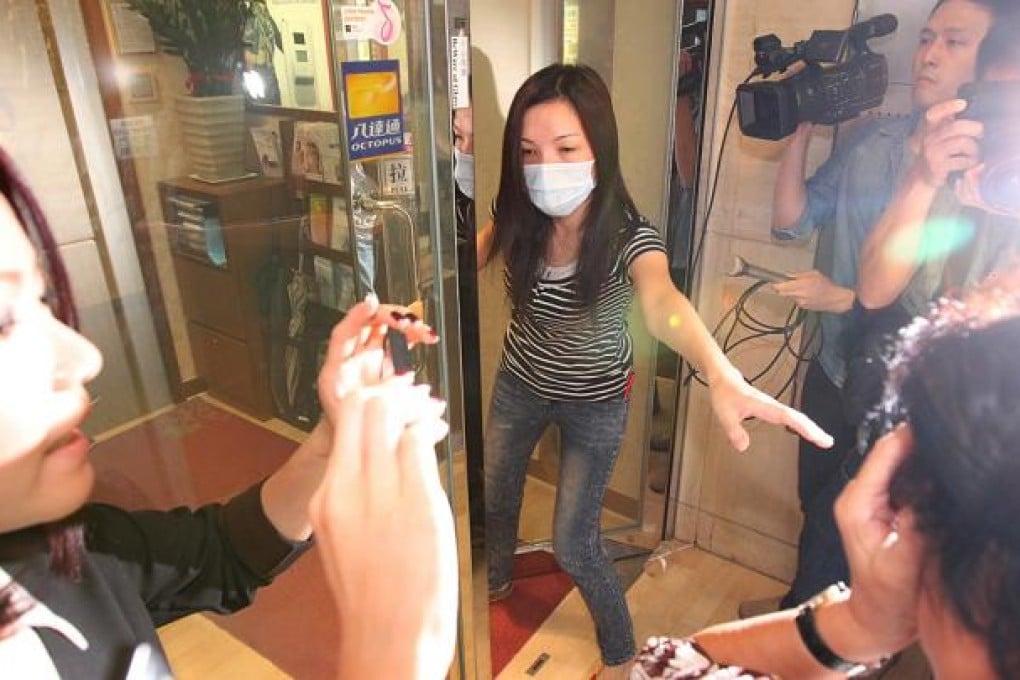
Having been heavily criticised for dragging its feet, the government has finally launched a review of the need to regulate high-risk medical procedures performed by beauty parlours. This came after "therapeutic treatment" killed a woman and made three others ill. This is not the first time legislation has been called for. Six years ago, six women had to have breasts removed after treatment with an enlargement gel banned by the US and the mainland. It is regrettable that a move to plug any loopholes comes after the loss of an innocent life.
Theoretically, doctors should have no difficulty differentiating between medical and cosmetic treatments. They are also required to explain clearly to the patient the risks involved. But problems can arise if doctors have an interest in the lucrative beauty business. The line is further blurred by the lack of regulation. We do not know at this stage if the company involved followed all the procedures. The case is now being investigated by the police and the Department of Health.
The lack of regulation is an open ended risk. Not only does it put an ethical responsibility on the quasi-medical beauty business, it also jeopardises public health and safety. We are told that the review will last a year. The legislative process that follows before regulation may take even longer. Criticism over the snail pace has prompted officials to speed up the process, first by issuing guidelines within months to distinguish beauty treatment and medical procedures. But without any legal effect, enforcement remains doubtful. Customers undergo treatment at their own risk in the meantime.
The government is right to take this opportunity to launch a sweeping review of the regulation of private health-care facilities, covering premises such as nursing homes and non-profit-making clinics. After all, the regime has not undergone major changes since laws governing clinics and hospitals were enacted decades ago. But as beauty treatment is increasingly popular, giving it priority is essential.
Hong Kong's reputable health-care system provides a good environment for the development of the beauty industry. But that cannot be achieved without proper monitoring. The incident has called into question the roles of medical professionals in beauty treatment; and the industry has proved unable to put its house in order. Legislation is therefore necessary in the public interest.
